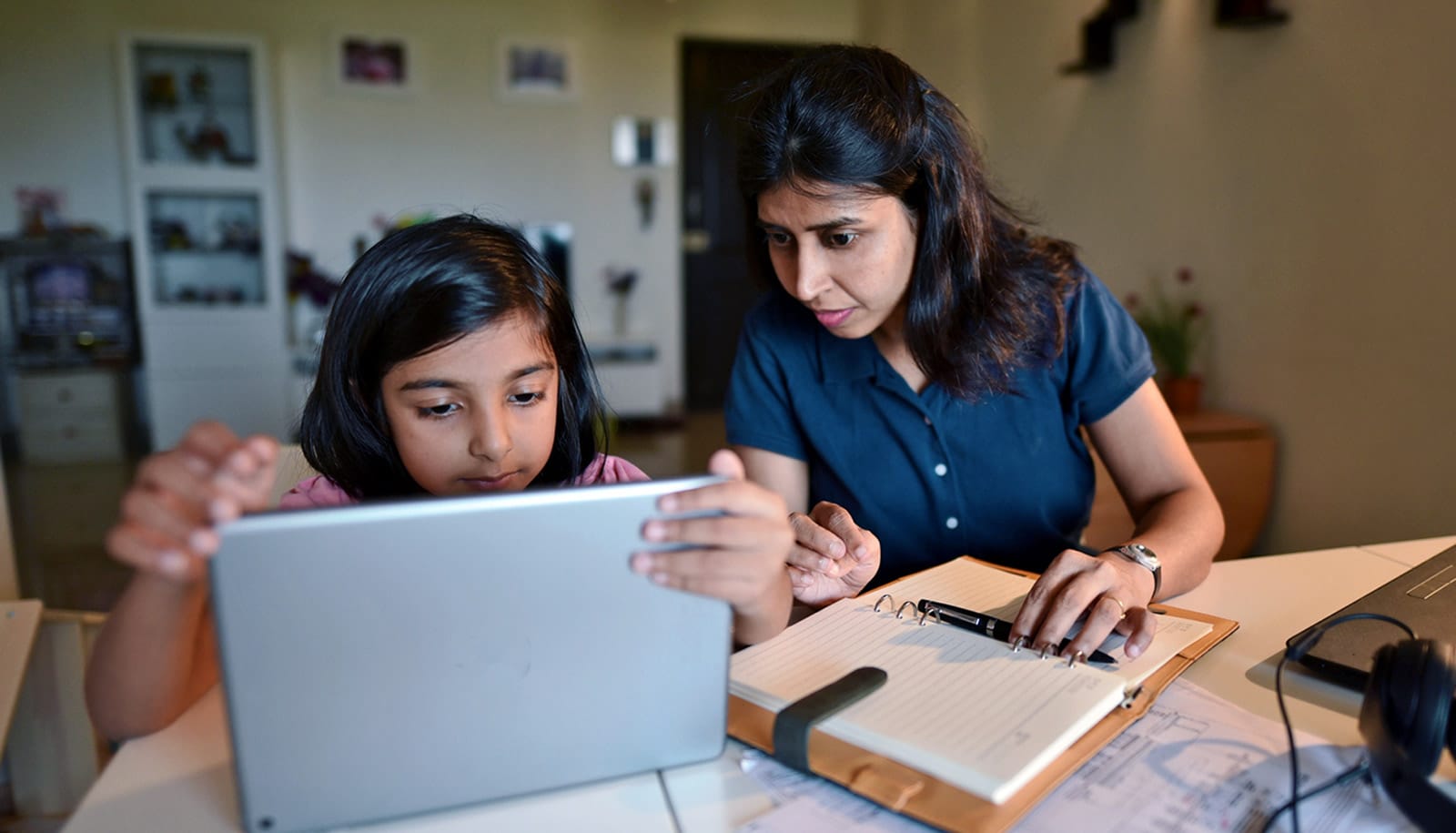There are no national studies on medical students who are parents and very little information about what medical schools are doing to support these students, a review finds.
In fact, there isn’t even an accurate measure of exactly how many such students there are: According to the Association of American Medical Colleges’ 2020 Medical School Graduation Questionnaire, 7.3% of graduating medical students reported “having at least one non-spouse dependent”—an inclusive phrase that covers, but doesn’t differentiate, parents of children.
Without data on these students, it’s harder for medical schools to provide the support they need when they need it, says Shayla Durfey, coauthor of a new scholarly perspective piece on pregnant and parenting medical students. She cites longitudinal studies of PhD students showing that beginning to support pregnancy and parenting at the faculty level, rather than at the student level, creates a “leaky pipeline” that can cause trainees to leave academia prematurely.
“If medical students who are parents are not adequately supported, they may be set up to fail at the earliest stage of their careers,” says Durfey, whose paper appears in the journal Academic Medicine.
When Durfey became pregnant with her first child midway through her first year at Brown University’s Warren Alpert Medical School, she discovered that the student handbook didn’t provide any guidelines for student parents. She was inspired to create a resource for medical school students like her. The AMS Pregnancy & Parenting Handbook was born out of a collaboration among Durfey, Jordan White, then the assistant dean for student affairs, and other medical school administrators. Among other things, it explains federal policies around leaves of absences and offers advice on finding a support system.
In researching the handbook, Durfey learned that very few medical schools offer guidance for student parents.
“I was really surprised to find very minimal information, not just for medical students at my institution, but in general,” says Durfey, now a first-year Brown pediatrics resident at Hasbro Children’s Hospital in Providence.
A more formal literature review turned up almost nothing. While Durfey found some studies on parents’ experiences at medical schools abroad as well as personal accounts of parenting as a physician, there was only one original research paper focusing on medical students who are parents in the US—and it was a small, single-institution study.
So instead of an analysis of the literature, Durfey conducted a review on the lack of information and systemic supports available to medical students who are parents.
The perspective piece, which Durfey cowrote with Eli Adashi, the former dean of medicine and biological sciences and current professor of medical science at Brown, and White, now an assistant professor of family medicine and medical science, offers a set of five key recommendations for systemic change:
- A comprehensive review of existing parental leave policies at medical schools in the United States. This type of data is already gathered for resident and attending physicians, the authors note; doing the same for medical students “would create a foundation for understanding how medical schools support parenting students in the critical postpartum period,” they write.
- Parental leave policies at medical schools that are flexible enough to apply to any period in the curriculum, as well as to unforeseen circumstances with a pregnancy or birth.
- A call for the Association of American Medical Colleges and the American Medical Association to use their national networks to create discussions about how best to support students who are parents and to highlight existing best practices.
- More data on the number of medical students who are pregnant and who are parents. This information, which the authors state can be easily obtained via existing surveys, can then be used to target changes at medical schools with high proportions of parenting students or during specific years in the curriculum when supports are most needed.
- A national assessment to explore the needs and perspectives of medical students who are parents and to determine topics for future research. In the meantime, the authors write, schools could involve their students who are parents in determining where gaps in support exist and in thinking critically about how to fill them.
The population of medical students who are pregnant or parenting may be small, Durfey notes, but with more women entering the field of medicine and more students enrolling in medical school at advanced ages, that number is poised to increase.
Source: Brown University



